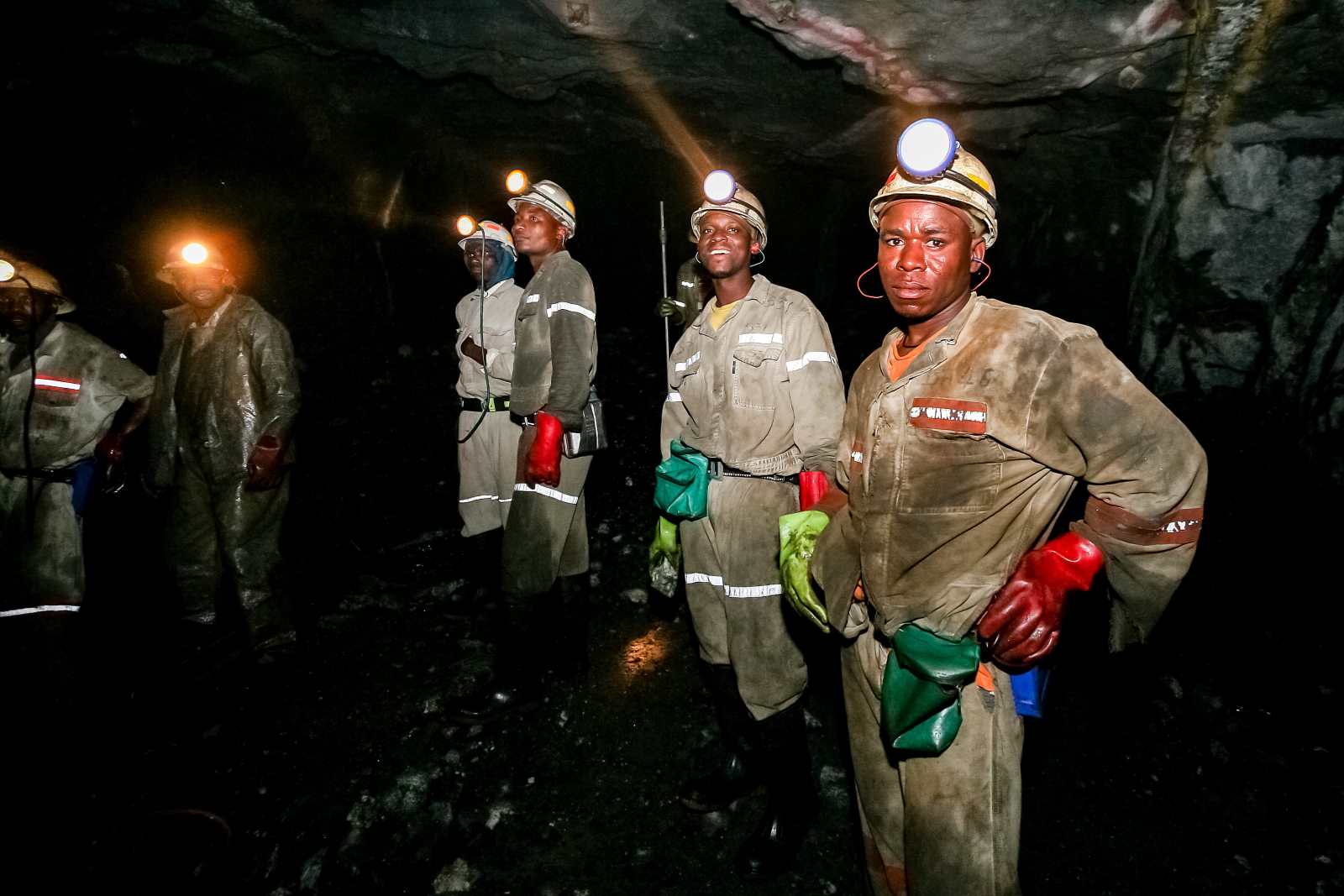International cooperation
Bringing the slogan “just transition” to life

There is no doubt that the global economy has to undergo an ecological transition. Global heating is advancing. In order to limit temperature increases to no more than 1.5 degrees above pre-industrial levels, CO2 emissions must be reduced. For years now, trade unions have not been the only voices calling for decarbonisation to be achieved in a socially just way. The slogan is “just transition”.
Striving to attain climate neutrality and preserve biodiversity is by no means socially just and participatory per se. Jobs in CO2-intensive industries are sacrificed, for example. However, the ecological transition should not make affected people worse off. Instead, they should benefit. Otherwise, social resistance could slow down efforts to reform.
When the International Trade Union Confederation (ITUC) called for a just transition in 2010, its goal was to secure and expand decent work as part of the ecological transformation. Jobs that are lost in the coal industry, for example, should be replaced by jobs in the renewable energy sector and other industries. The International Labour Organization (ILO) also spoke out in favour of a just transition and published corresponding guidelines in 2015. The focus is on decent work for all, social inclusion and poverty eradication.
The principle of just transition can also be found in the preamble to the 2015 Paris Climate Agreement and has been reaffirmed at successive climate conferences. Discussions on this topic have emphasised that:
- regions so far dependent on fossil fuels are particularly affected,
- the ecological transition can only succeed through broad social dialogue and
- poorer countries should receive external support.
International cooperation
Since the 2021 climate conference in Glasgow, industrialised and lower-income countries have formed various energy partnerships. Controversial discussions are currently being held on issues like whether mineral oil and natural gas are necessary and justifiable transition technologies.
International debate has also yet to produce a consensus regarding social challenges. The ILO guidelines are very broadly formulated, so different actors can focus on what suits them best. Practice has shown, however, that three main aspects are relevant in transition processes:
1. Alternative employment: Expanding renewable energies creates jobs, but simply retraining employees in the fossil fuel sector is not enough. New jobs are not necessarily emerging in the same places where coal was mined, but sometimes far away, depending on a country’s solar and wind energy potential. In such cases, jobs of similar quality must be created locally and outside the energy sector as well.
2. Social security: Ecological reforms can lead to price increases. Governments should take social security measures to raise acceptance among citizens. Subsidising fossil fuels less or taxing them more can lead to protests.
For example, the government of Ecuador had to revoke its cancellation of fossil fuel subsidies in October 2019 following massive protests. The government had failed to cushion its decision with social measures. Precise social security measures – like cash transfers for needy households – are usually more effective and cheaper than price subsidies, which rich households also profit from unnecessarily.
3. Regional structural policies: The withdrawal from fossil fuels is causing regions around the world to lose their former industrial core. In order to prevent a downward spiral, significant investment in regional structural change is needed. Such measures would include renaturing fossil fuel extraction sites (like coal mines), expanding infrastructure, promoting education and research and establishing new industries.
Just transition is more than a synonym for sustainable development. If the transition to a more climate and environmentally friendly world is truly to be made fair, the three aforementioned points must be given special attention – and the necessary funds must be made available.
Links
GIZ 2021: Just Transition to a green economy – employment, economic, and social consequences of the transition to an ecologically sustainable economy in developing countries.
https://www.iisd.org/publications/report/just-transition-green-economy
IISD 2022: Just Energy Transition Partnerships: An opportunity to leapfrog from coal to clean energy.
https://www.iisd.org/articles/insight/just-energy-transition-partnerships
Georg Schäfer is an expert on sustainable economic development, employment promotion and poverty reduction. He worked in German development cooperation for many years.
geo.schaefer@t-online.de












